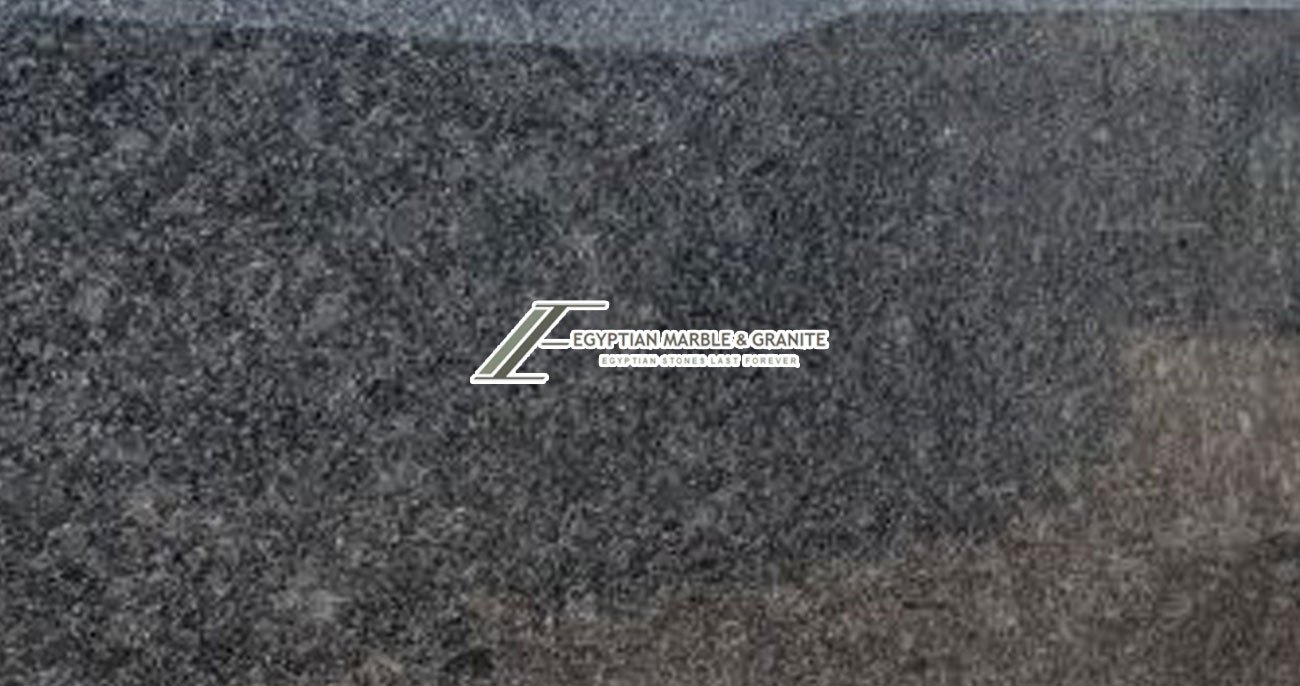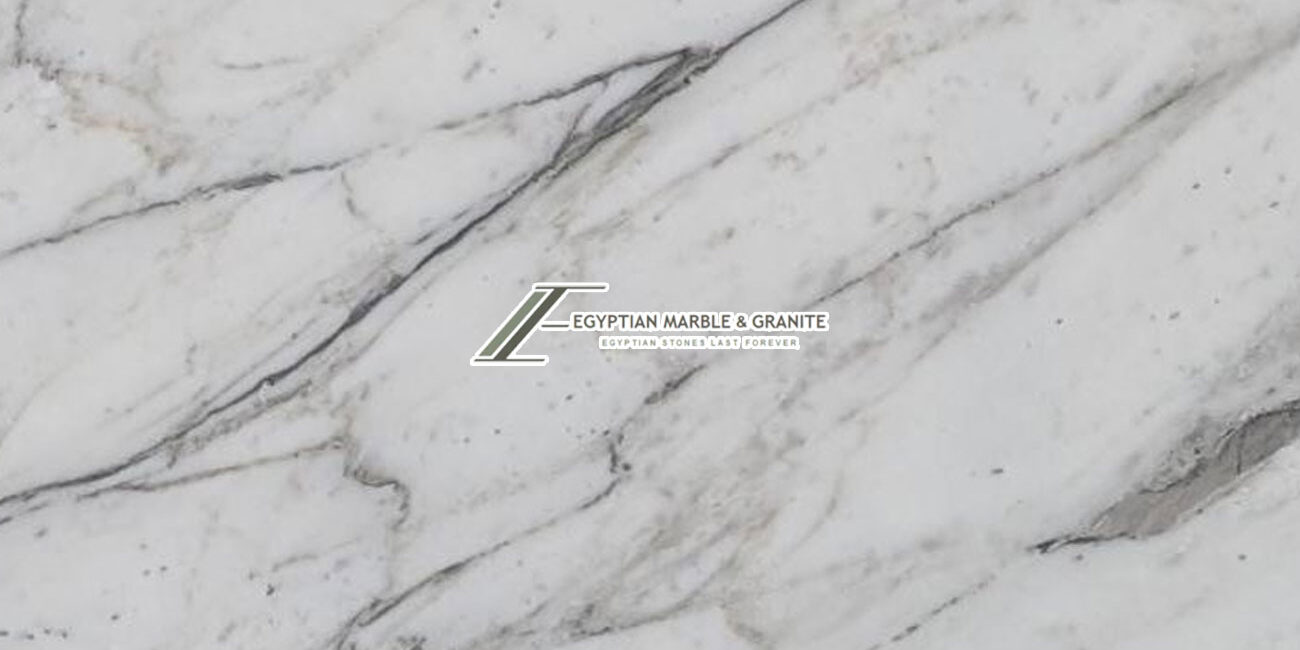When it comes to choosing the perfect natural stone for your next project, the decision often boils down to Egyptian granite stone vs marble stone. Both materials are incredibly popular for a wide range of applications, from countertops to flooring and more. But what makes granite stone and egyptian marble stone different, and which one is the better choice for your needs?
At Egyptian Marble Granite (EMG), we understand how important it is to choose the right material for your project. This article will dive deep into the key differences between granite stone vs marble stone and help you make an informed decision on which material is the best fit for your space in 2025.
Granite Stone vs Marble Stone: The Basics
1. What is Granite?
Granite stone is an igneous rock formed from the cooling and crystallization of magma beneath the Earth’s surface. It is known for its high density and durability, making it one of the hardest natural stones available. Granite stone typically features a speckled appearance due to its various mineral compositions, and it is available in a range of colors, including gray, black, white, red, and green.
2. What is Marble?
Marble stone, on the other hand, is a metamorphic rock that forms when limestone undergoes intense heat and pressure. It is well-known for its smooth, polished surface and distinctive veining patterns, which come in a variety of colors, including white, beige, gray, and even dramatic shades of black and gold. Unlike granite, marble stone is softer, making it easier to carve and shape but also more prone to scratching and staining.
Granite Stone vs Marble Stone: Key Differences
1. Durability and Strength
When comparing granite stone vs marble stone, durability is one of the most important factors. Granite stone is incredibly strong and highly resistant to scratches, heat, and moisture. This makes granite an excellent choice for high-traffic areas like kitchens, where surfaces are exposed to frequent use and heavy-duty tasks. Granite stone is virtually indestructible, ensuring it maintains its appearance and structural integrity for many years.
On the other hand, marble stone is softer and more porous than granite, making it more susceptible to scratches, stains, and etching from acidic substances such as lemon juice or vinegar. While marble stone is still durable, it requires more maintenance to keep it looking pristine. It is often recommended for low-traffic areas or as an aesthetic focal point rather than as a work surface.
2. Aesthetic Appeal
One of the key reasons people choose granite stone vs marble stone is the aesthetic appeal of the materials. Marble stone is prized for its elegance and luxurious appearance. The characteristic veining that runs through the stone gives it a unique, high-end look that makes it a popular choice for countertops, bathroom vanities, and flooring in luxury spaces. Marble can elevate any room, adding sophistication and timeless beauty.
Granite stone, on the other hand, offers a more diverse range of patterns and colors. While it may lack the dramatic veining of marble, granite provides a speckled or flecked texture, which can be equally as stunning when used correctly. It is a highly versatile material that complements both modern and traditional designs.
3. Maintenance and Care
Granite stone is easier to maintain compared to marble stone. Due to its density and resistance to moisture, granite is less prone to staining and scratching. A simple sealing treatment is typically sufficient to keep granite countertops looking pristine. Cleaning is also straightforward with just mild soap and water.
Marble stone, however, requires more care. Due to its porous nature, it can absorb liquids and stains more easily, making it vulnerable to discoloration and etching. To preserve its appearance, marble surfaces often need to be resealed more frequently and cleaned with specialized marble-safe cleaners. Additionally, acidic substances like citrus or vinegar can damage the surface, so extra caution is needed when using marble stone.
4. Cost Comparison
Generally speaking, marble stone tends to be more expensive than granite stone. This is due to marble’s more intricate mining process and its premium aesthetic appeal. Granite stone is still considered a high-end material but tends to be more affordable in comparison. For projects on a tighter budget, granite stone may be the more cost-effective choice without compromising on quality.

granite stone vs marble stone
Granite Stone vs Marble Stone: Choosing the Right Material
1. Kitchen Countertops
When it comes to kitchen countertops, granite stone is the go-to option for many homeowners. Its resistance to scratches, heat, and stains makes it the ideal surface for food preparation and daily use. Marble stone, while beautiful, is better suited for low-traffic areas or as an accent piece, such as in a wet bar or a decorative island.
2. Bathroom Vanities
For bathroom vanities, marble stone offers a luxurious and timeless appearance, making it a perfect material for high-end designs. However, for durability and ease of cleaning, granite stone may be a better choice in bathrooms with high moisture levels or heavy usage.
3. Flooring and Wall Cladding
Granite stone is more commonly used for flooring and wall cladding due to its durability and resistance to wear and tear. Whether it’s in commercial buildings or residential homes, granite flooring offers long-lasting beauty and practicality. Marble stone is more commonly used as a decorative feature, such as in luxury lobbies or bathrooms, where aesthetics are the primary focus.
FAQs About Granite Stone vs Marble Stone
Q: Which is better for kitchen countertops, granite or marble?
Granite stone is generally the better choice for kitchen countertops due to its superior durability, resistance to scratches and heat, and low maintenance. Marble stone, while elegant, is more prone to staining and scratching in high-use areas.
Q: Can I use marble in outdoor spaces?
While marble stone can be used outdoors, it is not as durable as granite stone in harsh weather conditions. For outdoor surfaces exposed to the elements, granite stone is a better option.
Q: How do I maintain granite and marble surfaces?
Granite stone requires less maintenance. Simply clean it with mild soap and water and seal it once a year. Marble stone, on the other hand, requires more frequent sealing and should be cleaned with marble-safe cleaners to avoid damage.
Q: Is marble or granite better for high-traffic areas?
Granite stone is the better choice for high-traffic areas due to its durability and scratch resistance. Marble stone, while beautiful, is more suitable for areas with less foot traffic and more decorative purposes.
Q: How long do granite and marble surfaces last?
Both granite stone and marble stone are long-lasting materials, but granite tends to be more durable over time due to its resistance to wear and tear. With proper care, both stones can last for decades.
Conclusion
When comparing granite stone vs marble stone, both materials have their unique advantages and applications. Granite stone excels in durability, ease of maintenance, and versatility, making it the ideal choice for high-traffic areas like kitchens and floors. Marble stone, with its luxurious appearance, is perfect for adding elegance to bathrooms, decorative features, and low-traffic spaces.
At Egyptian Marble Granite (EMG), we specialize in providing premium granite stone and marble stone sourced directly from Egypt’s renowned quarries. Our team is here to help you choose the best material for your next project, ensuring your vision comes to life with the highest-quality stone available.
Contact us today to explore our range of granite stone and marble stone and get started on your next project with the best materials in the industry.
Ready to Make the Best Choice for Your Project?
Contact EMG for expert advice on granite stone vs marble stone and discover the perfect material for your design needs.
Call Us – Whatsapp Us – Email Us
Pages you might like to see:

